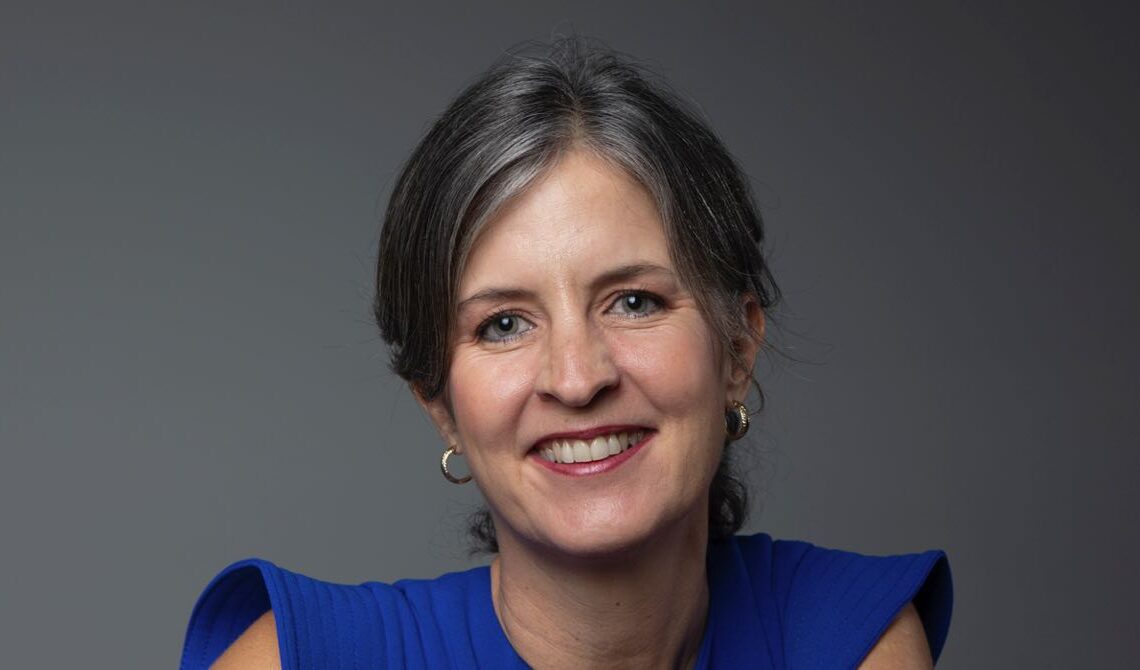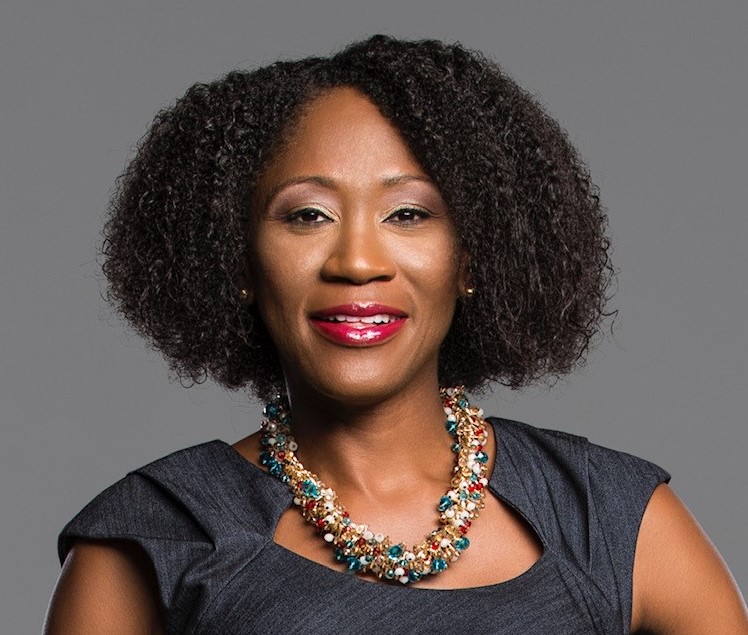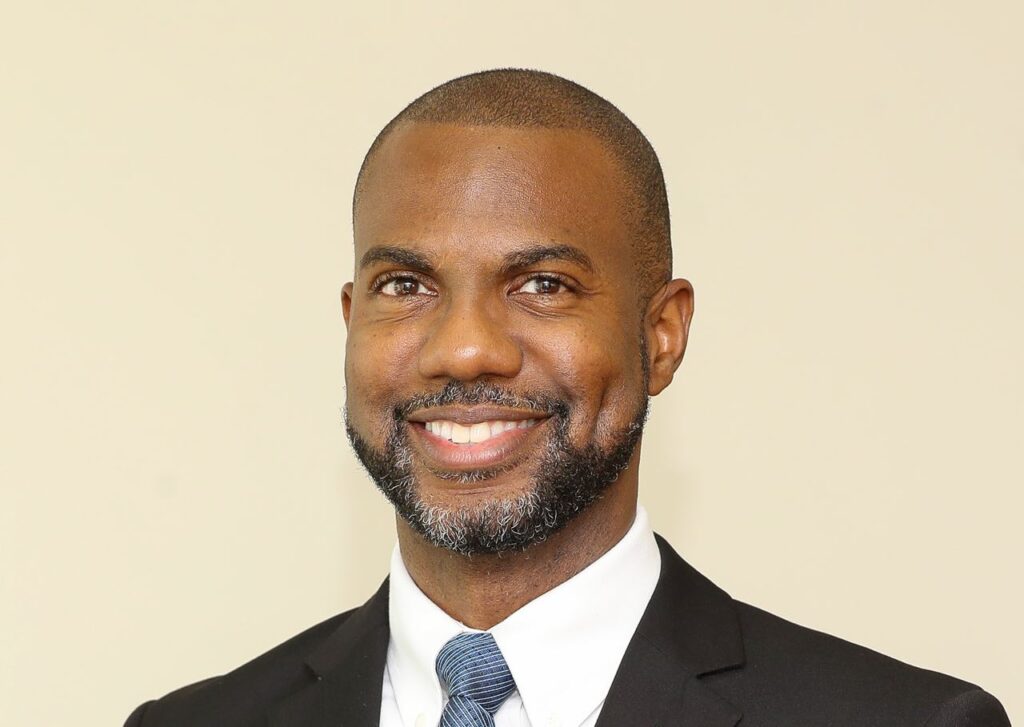
- Caribbean enterprises are concerned about the survival of SMEs they work with.
- C&W business is facing increases starting at 110 percent for equipment in the global chip shortage.
- Regional enterprises are embracing Agile systems for digital transformation as well as programming.
Above: Julie Avey. Photo by Abigail Hadeed, courtesy Massy.
BitDepth#1307 for June 24, 2021
Four Caribbean enterprise leaders got together to discuss digital transformation at The Caribbean Innovation Ecosystem – An Enterprise Level Outlook, a virtual seminar last week hosted by Tech Beach Retreat Labs, and the conversation wasn’t only about big business.
Among the group, there was a strong sense of collective responsibility for the continuity of the smaller businesses that orbit them.
Julie Avey, SVP at Massy for People and Culture, also oversees the company’s partnership with Anya Ayoung-Chee, Nudge, which offers small businesses a space in the company’s retail stores.
At Massy, Avey oversees the company’s move to a model of “servant leadership,” which positions the company’s managers to support staff.
Massy’s leadership teams are encouraged to practice conscious awareness of self and impact on others, cultivate humility and vulnerability and build a space of trust.
“Leaders must co-create their future, they are not expected to know everything,” Avey said.
“A culture of fear stifles creativity and innovation.”
Unsurprisingly, she admitted to getting some push-back on this concept from leaders who worked their way through the ranks and are now being asked to listen as leaders.
Nadeen Matthews Blair, Chief Digital and Marketing Officer of NCB Jamaica noted that SME’s employ a big percentage of the workforce on the island.


“We view partnership with startups and SMEs as critical to business evolution and focusing on that sector is critically important.”
Blair championed Agile programming principles as a model for both development for digital transformation strategy and for managing business in a fast changing environment.
Agile programming models emphasise continuing responsiveness to changing circumstances and requirements.
The system was developed as a counterpoint to the sequential development principles of traditional industrial practice, collectively called waterfall techniques, which are characterised by specific targets and rolling dependencies in development.
At NCB, the company now works with an iterative development model that allowed the company to develop its new SMS alerts system, “in faster time, and tied in with the commitment to business transformation.”
“We have made an intentional shift to encourage the development of digital upskilling programmes and supporting students who are pursuing areas of scholarship relevant to digital transformation and digital entrepreneurship,” Blair said of the company’s charitable foundation.
“Ecommerce is a big part of how we have to operate,” said Steven Wittingham is COO and Head of Digital Transformation for the Grace-Kennedy Group in Jamaica.
“The company has always been focused on digital systems, but it was accelerated with the onset of covid, and we created a centre of excellence that liaised with customers to meet their needs.”
“We need to continue reviewing the changes in the business continuously during this time and trying to understanding how it will affect the future of the business.”
“It’s very much a situation of triage, but we are very much focused on financial inclusion.”
“It’s not just about the money, it’s about the people and managing the human resource. Grooming and retaining talent is critical.”
At Flow/C&W/Liberty Latin America, Delroy McLean, Senior Director of Business at C&W Business, was already into company transformation when covid-19 hit.

The company was already creating Agile teams to manage the company’s transformation after successive takeovers, McClean explained.
C&W Business directly supplies broadband access to Caribbean nations, but also delivers bulk broadband access solutions to its competitors.
As part of its strategic business planning, the company boosted capacity on its lines by 30 per cent at the beginning of 2020, expecting a rise in use of 15 percent and allocated another 15 per cent as a buffer.
At the time, Jamaica was using 55 per cent of its broadband capacity and Trinidad and Tobago was at 77 per cent.
When covid19 demand began, the buffer capacity disappeared in a day and the broadband provider moved to double capacity within a month.
With those changes, there was a need for skilled manpower and C&W Business went to universities for interns.
“Interns are great, by the way,” McLean said.
“We are working to embed security in our internet solutions, because in the Caribbean, businesses treat cybersecurity like they treat insurance; I have it because the law insists on it.”
The company is also currently working through the challenges of the global chip shortage, facing price increases that begin at 110 per cent.
The company began asking its customers to have a look at how they use technology, visiting homes and businesses to get first-hand insight into how internet access was being used.
“We found that people who are using digital technologies are using it ten times over, but those who aren’t are still at zero, and are asking people to help them get connected or to access the services,” McLean said.

